Fisheries Guardian Career Profile
Are you interested in safeguarding aquatic and marine resources and ensuring
Are you interested in safeguarding aquatic and marine resources and ensuring
Are you passionate about preserving aquatic ecosystems and ensuring sustainable
Next week marks a significant moment in the calendar for
The Indigenous Training and Skills Development (ITSD) Hub provides training and development resources for Indigenous communities in the fisheries and oceans sector. We equip communities with the necessary planning tools and resources to support career progression and stability. Through the development of innovative and community-based training programs, we create a range of diverse job opportunities for Indigenous peoples, while also improving safety and contributing to food security and overall community well-being. Our ultimate goal is to empower Indigenous peoples to thrive, while advancing economic reconciliation and creating a brighter future for the next seven generations.

The ITSD Hub works to support community-based training and skills development initiatives in the fisheries and oceans sector using the following four (4) actions:
We provide comprehensive in-house training coordination, ensuring equitable access to resources for Indigenous communities to thrive.
We collaborate with Indigenous training developers and academic institutions to produce resources for the communities we serve.
We conduct ongoing reviews and coordination to ensure our training remains effective, meeting evolving needs of the communities and partners we work with.
We identify federal strategies, programs and partners to help create valuable opportunities for mentorships, internships, knowledge transfer and skills development.

ITSD Hub is always identifying new partnerships, both inside and outside of government agencies. These partnerships help optimize available resources and strengthen Indigenous training and skills development programs. National partnerships help us ensure Indigenous communities across Canada have access to training resources that respond to regional dynamics and cultural perspectives.
